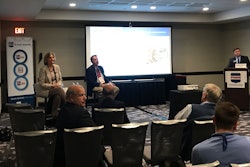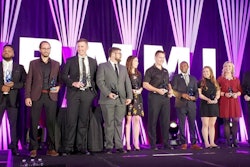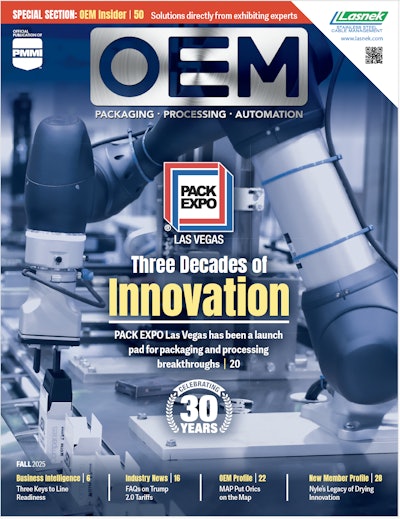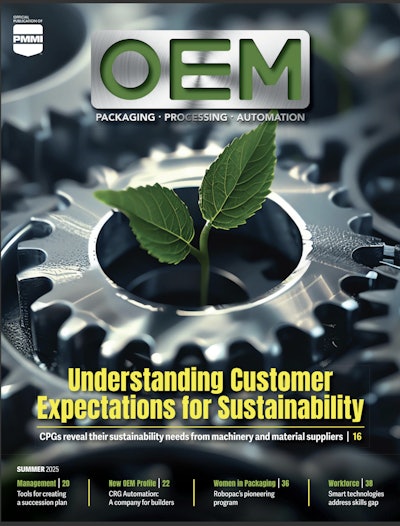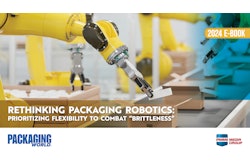Tarique Walters has always wanted to build things, which led him to study automation and robotics. While he came out of college wanting to build robots, he joined Pineberry Manufacturing to build controls. As a PLC programmer and electrician, he spends most of his time building electrical panels, drafting schematics, and programming PLCs, which he loves. Walters began his career at Pineberry as a mechanical assembler and has taken advantage of every educational opportunity presented to him.
What is the most fascinating part of your job?
Being able to code and see things come to life is something I never get tired of experiencing. Especially when what I worked on functions properly, it just brings unparalleled joy to my heart.
What are some industry trends you have been keeping your eye on?
I am currently eyeing upcoming developments in PLCs and vision systems, specifically, the cool ways this technology is catching an image at a high speed and the controls behind it. I love to learn how things work, and vision systems are one of the coolest things to see.
How does Pineberry support you as a rising star?
They give me the tools to succeed and they don’t stand in my way when I want to be creative and try new things. My company embraces my new ideas and they open doors for me. I get the opportunity to learn and try new things, and the secret is to never say “no” when faced with the unknown. I am happy that I receive opportunities to branch out and be versatile. I’ve learned so much in the short time I’ve been here.
Do you feel like the manufacturing industry appeals to younger generations?
Here at Pineberry, we are very open, but I have been on service at different companies, and I have seen that the majority of their staff is of an older generation. I think it’s just a matter of opening up opportunities and creating a program within the business that allows people that just graduated to not only get hands-on experience, but also have the opportunity to fail so that they can learn. It’s important for managers to let younger generations build their own identity within the workplace. The thing that has helped me and my brother—who is also in the same field— is that we are working at companies that can say, “This project is scheduled to be done in six weeks, but for the first two weeks, we will do it your way or try your idea. If you fail, don’t be ashamed, it just means that you need to take a different approach and ask for help.” It’s just a matter of being able to accommodate a wide range of people and talent.
How do you think incoming generations could prepare themselves to succeed in this industry?
It’s the millennials’ responsibility to speak up. I have a lot of peers who will just comply and do whatever they are told, but that’s not going to benefit them if they want to truly grow. Question processes, take risks, and ask for help.
What goals do you have your sights set on?
I want to keep pushing forward and learning new things. I am no longer hesitant to take on a project I may not be familiar with because I am more excited to see what new things I can learn and add to my library of skills.


